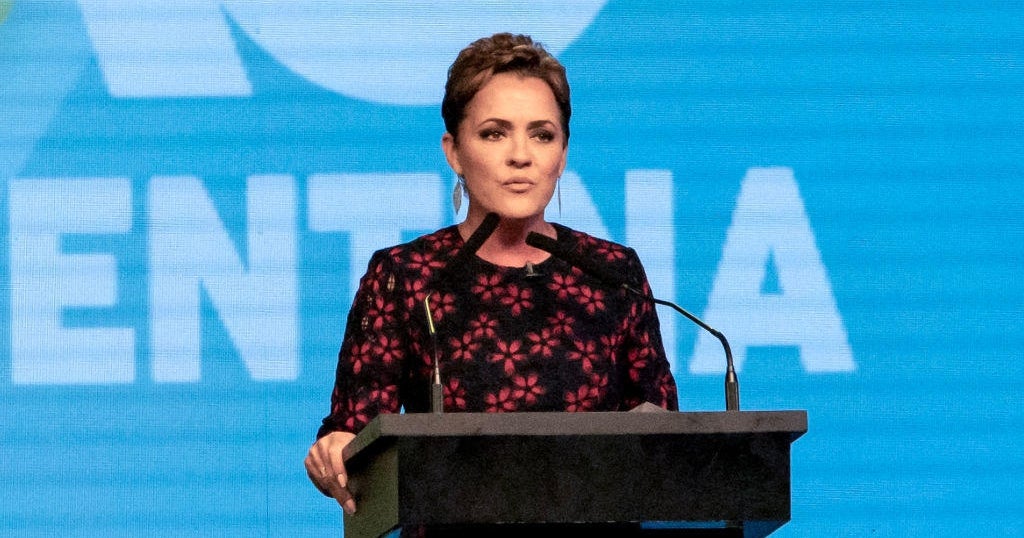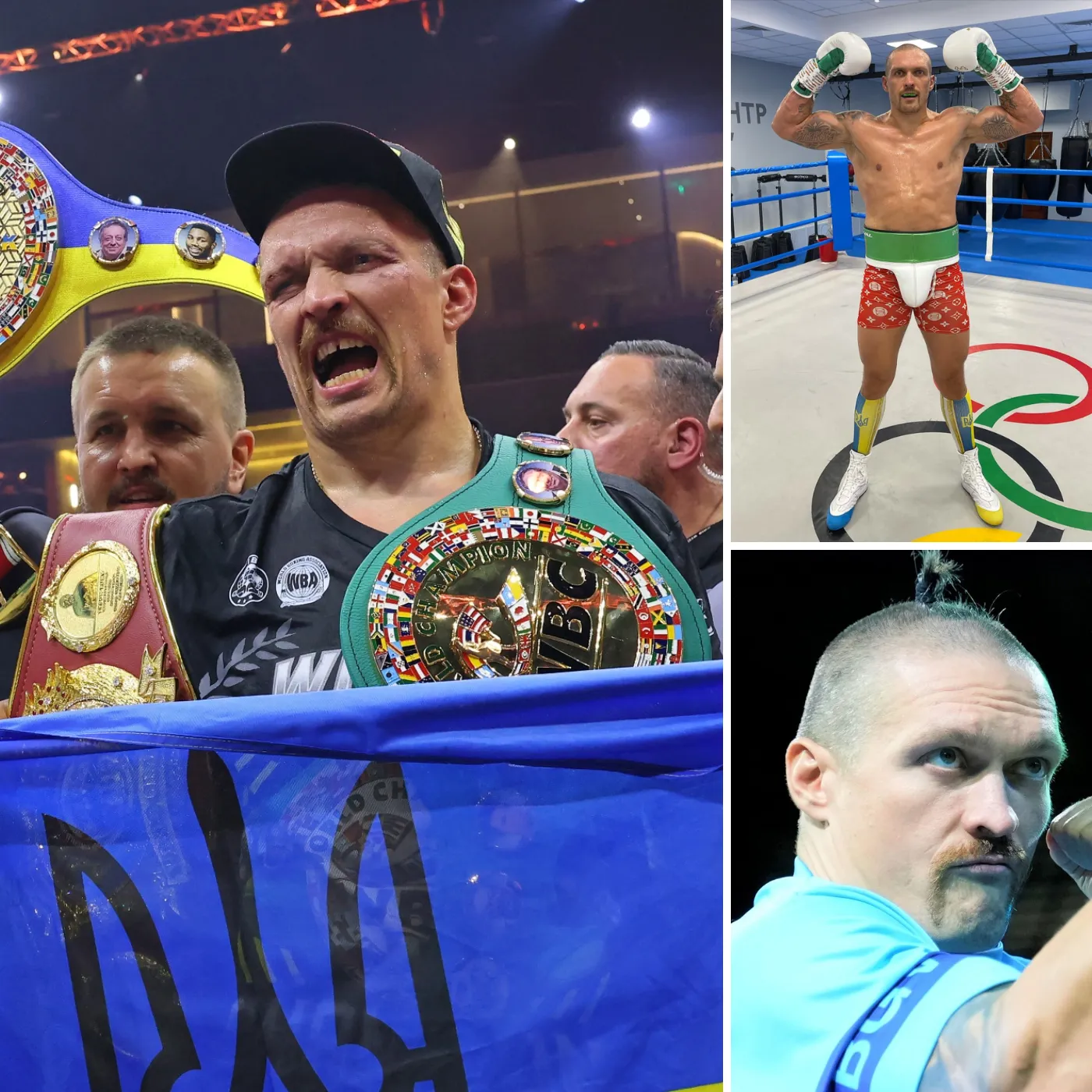Iga Swiatek Opens Up About Emotional Doping Case and Reveals Financial Costs to Prove Innocence
In a candid interview on Polish television, Iga Swiatek reflected on the emotional and financial toll of fighting her doping case, shedding light on the efforts she undertook to clear her name. The five-time Grand Slam champion faced accusations after testing positive for trimetazidine, a banned substance, at the Cincinnati Open in August. The 23-year-old revealed […]

In a candid interview on Polish television, Iga Swiatek reflected on the emotional and financial toll of fighting her doping case, shedding light on the efforts she undertook to clear her name. The five-time Grand Slam champion faced accusations after testing positive for trimetazidine, a banned substance, at the Cincinnati Open in August. The 23-year-old revealed the intense emotions and significant expenses she endured while navigating the challenging situation.
The Positive Test and Suspension
In August, Swiatek’s doping test flagged trimetazidine, leading to her being notified the following month. The result forced her to miss three tournaments in Asia during a provisional suspension issued by the International Tennis Integrity Agency (ITIA). However, after presenting her case to ITIA in October, Swiatek received a reduced one-month suspension, which allowed her to participate in the WTA Finals.

Emotional Reaction to the News
Speaking to Anita Werner on TVN24’s Fakty po Faktach, Swiatek described her immediate reaction upon learning about the test results.
“My reaction was violent. It was a mix of confusion and panic. There were lots of tears,” she admitted.
She recounted how the news came via an email and text message. Initially, she assumed it was a routine notification but quickly realized the gravity of the situation.
“I couldn’t even finish reading the email because I was drenched in tears,” Swiatek shared. “My managers said my reaction was as if someone had died or something serious had happened to my health. Thankfully, I wasn’t alone and could hand the phone to them for help.”
Assembling a Legal and Scientific Team
Swiatek immediately hired top industry experts to help her navigate the case, sparing no expense in her defense. She emphasized how her financial success enabled her to respond effectively.
“Being in my position allowed me to gather people around me who worked tirelessly to help,” she said. “I’ve made enough money to cover my defense costs without hesitation, and I know many athletes don’t have that luxury. This lack of resources can hold them back.”

Financial Costs to Prove Innocence
Swiatek revealed the financial burden she faced while clearing her name.
“I spent around $70,000 on lawyers and €15,000 on expert opinions and tests,” she disclosed, though she admitted she didn’t recall the exact amount.
In addition to these expenses, she forfeited prize money from the Cincinnati Open, but Swiatek maintained that financial loss was secondary to preserving her integrity.
“The most important thing was proving my innocence,” she affirmed.
Swiatek’s Reflection
Swiatek’s case highlights the complexities athletes face in doping allegations. Her ability to mobilize resources and hire experts underscores how financial stability plays a pivotal role in navigating such challenges.
While the process was grueling, Swiatek emerged with her integrity intact, demonstrating resilience and a commitment to fairness. Her openness about the ordeal serves as a reminder of the sacrifices athletes make to protect their reputations and careers.
For Swiatek, clearing her name was invaluable, proving that her dedication to the sport remains unshaken.







































